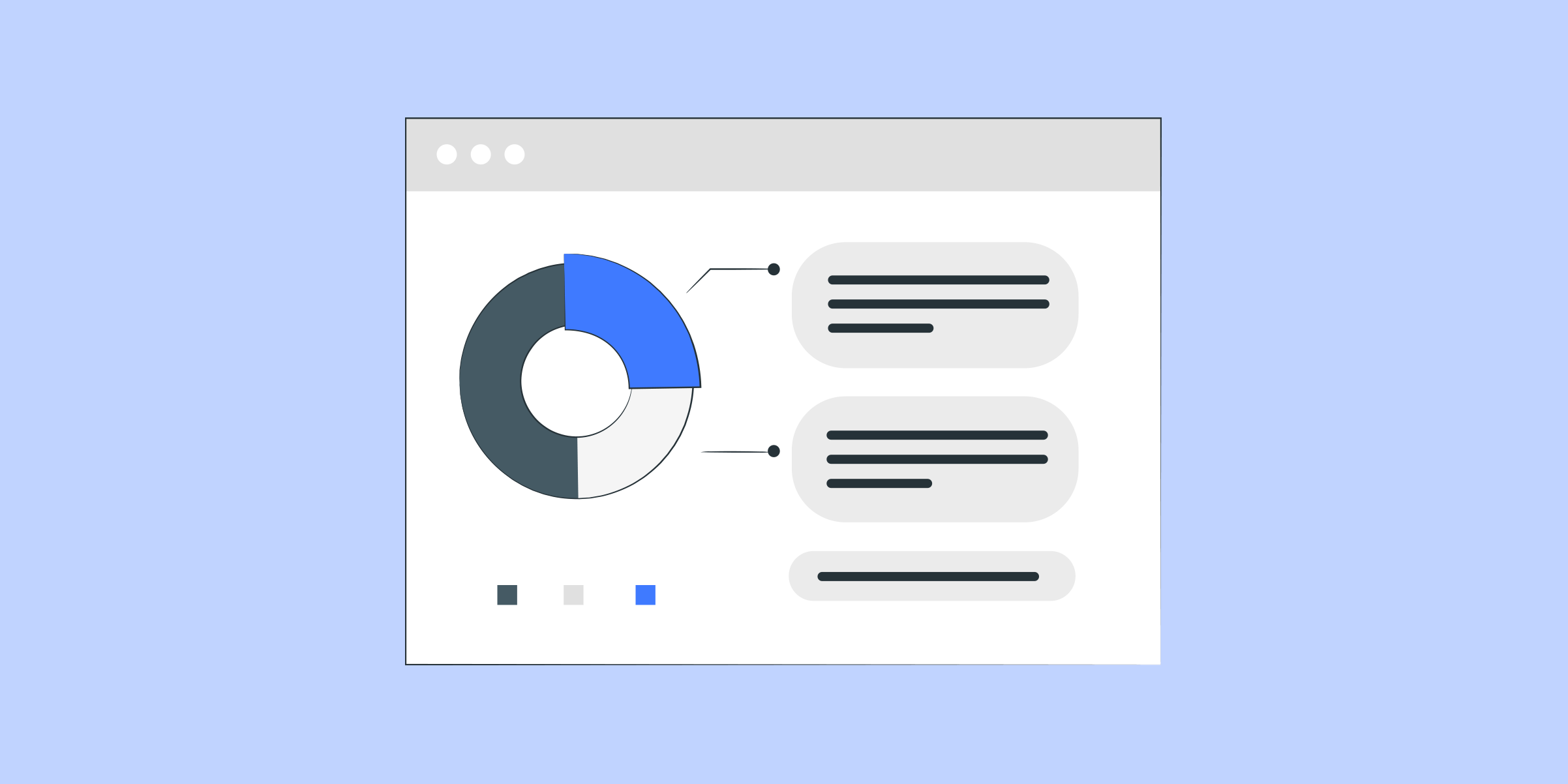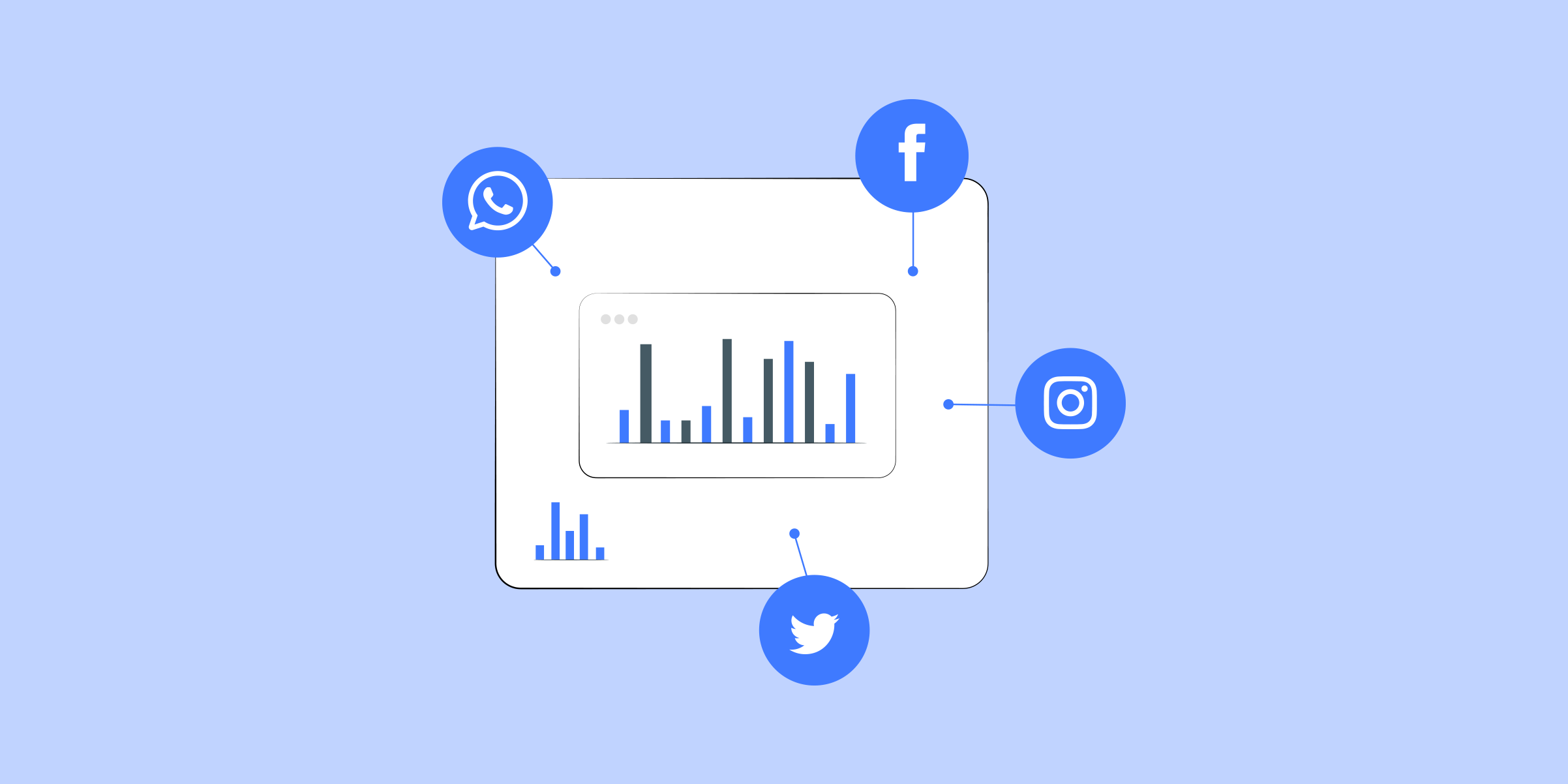Residential Proxies
Allowlisted 200M+ IPs from real ISP. Managed/obtained proxies via dashboard.

Proxies Services
Residential Proxies
Allowlisted 200M+ IPs from real ISP. Managed/obtained proxies via dashboard.
Residential (Socks5) Proxies
Over 200 million real IPs in 190+ locations,
Unlimited Residential Proxies
Unlimited use of IP and Traffic, AI Intelligent Rotating Residential Proxies
Static Residential proxies
Long-lasting dedicated proxy, non-rotating residential proxy
Dedicated Datacenter Proxies
Use stable, fast, and furious 700K+ datacenter IPs worldwide.
Mobile Proxies
Dive into a 10M+ ethically-sourced mobile lP pool with 160+ locations and 700+ ASNs.
Scrapers
Collection of public structured data from all websites
Proxies
Residential Proxies
Allowlisted 200M+ IPs from real ISP. Managed/obtained proxies via dashboard.
Starts from
$0.6/ GB
Residential (Socks5) Proxies
Over 200 million real IPs in 190+ locations,
Starts from
$0.03/ IP
Unlimited Residential Proxies
Unlimited use of IP and Traffic, AI Intelligent Rotating Residential Proxies
Starts from
$1816/ MONTH
Rotating ISP Proxies
ABCProxy's Rotating ISP Proxies guarantee long session time.
Starts from
$0.4/ GB
Static Residential proxies
Long-lasting dedicated proxy, non-rotating residential proxy
Starts from
$4.5/MONTH
Dedicated Datacenter Proxies
Use stable, fast, and furious 700K+ datacenter IPs worldwide.
Starts from
$4.5/MONTH
Mobile Proxies
Allowlisted 200M+ IPs from real ISP. Managed/obtained proxies via dashboard.
Starts from
$1.2/ GB
Scrapers
Web Unblocker
Simulate real user behavior to over-come anti-bot detection
Starts from
$1.2/GB
Serp API
Get real-time search engine data With SERP API
Starts from
$0.3/1K results
Scraping Browser
Scale scraping browsers with built-inunblocking and hosting
Starts from
$2.5/GB
Documentation
All features, parameters, and integration details, backed by code samples in every coding language.
TOOLS
Resources
Addons
ABCProxy Extension for Chrome
Free Chrome proxy manager extension that works with any proxy provider.
ABCProxy Extension for Firefox
Free Firefox proxy manager extension that works with any proxy provider.
Proxy Manager
Manage all proxies using APM interface
Proxy Checker
Free online proxy checker analyzing health, type, and country.
Proxies
AI Developmen
Acquire large-scale multimodal web data for machine learning
Sales & E-commerce
Collect pricing data on every product acrossthe web to get and maintain a competitive advantage
Threat Intelligence
Get real-time data and access multiple geo-locations around the world.
Copyright Infringement Monitoring
Find and gather all the evidence to stop copyright infringements.
Social Media for Marketing
Dominate your industry space on social media with smarter campaigns, anticipate the next big trends
Travel Fare Aggregation
Get real-time data and access multiple geo-locations around the world.
By Use Case
English
繁體中文
Русский
Indonesia
Português
Español
بالعربية

What is a proxy server?
A proxy server acts as an intermediary between a user's device and the internet. When a user requests a website or other online resource, the request first goes through the proxy server. The server then retrieves the requested content on behalf of the user and returns it to them. This process allows users to access web content without revealing their IP address or location.
How does a proxy server work?
When a user connects to the Internet, they are assigned an IP address that identifies the location of their device. However, when a proxy server is used, the user's request is sent to the server instead of directly to the website. The proxy server then makes the request on behalf of the user, using its own IP address. This hides the user's IP address, giving them greater anonymity online.
Types of proxy servers
There are several types of proxy server, each offering different levels of functionality and security. Here are some common types:
1. HTTP proxy: This type of proxy server handles web traffic and is primarily used for accessing websites.
2. SOCKS proxy: Also known as a socket proxy, this server supports any type of Internet traffic, making it ideal for applications such as gaming and peer-to-peer file sharing.
3. Transparent Proxy: This type of proxy server does not provide anonymity as it does not hide the user's IP address. It is mainly used to cache frequently accessed web content to improve network performance.
Benefits of using a proxy server
1. Improved privacy: By hiding the user's IP address, a proxy server helps protect their online identity and personal information from potential hackers or other cyber threats.
2. Anonymity: Proxy servers allow users to browse the Internet anonymously by hiding their true IP address.
3. Bypass content restrictions: In many cases, websites or online platforms may be inaccessible due to regional restrictions or censorship. By connecting through a proxy server located in a different region, users can bypass these restrictions and access the content they want.
4. Improved network performance: Proxy servers can cache frequently accessed web content, reducing bandwidth usage and speeding up page load times.
5. Security: Proxy servers act as a barrier between the user's device and the Internet, providing an additional layer of security against malicious attacks.
In conclusion, a proxy server is a valuable tool for ensuring privacy, security and unrestricted access to online content. Whether you are an individual concerned about your online identity or a business looking to protect sensitive data, proxy servers offer many benefits. By understanding how they work and the different types available, you can choose the right proxy server to meet your specific needs.
Featured Posts
Popular Products
Residential Proxies
Allowlisted 200M+ IPs from real ISP. Managed/obtained proxies via dashboard.
Residential (Socks5) Proxies
Over 200 million real IPs in 190+ locations,
Unlimited Residential Proxies
Use stable, fast, and furious 700K+ datacenter IPs worldwide.
Rotating ISP Proxies
ABCProxy's Rotating ISP Proxies guarantee long session time.
Residential (Socks5) Proxies
Long-lasting dedicated proxy, non-rotating residential proxy
Dedicated Datacenter Proxies
Use stable, fast, and furious 700K+ datacenter IPs worldwide.
Web Unblocker
View content as a real user with the help of ABC proxy's dynamic fingerprinting technology.
Related articles

Understanding the Role and Benefits of a Proxy Server for Enhanced Internet Security
A proxy server acts as an intermediary between a user and the internet. It serves as a gateway, allowing users to access websites and online services while providing additional security and privacy benefits. By routing internet traffic through a proxy server, users can hide their IP address, making it difficult for websites to track their online activities. This added layer of anonymity protects users' privacy and prevents potential cyber threats. Proxy servers also facilitate faster internet speeds by caching frequently accessed websites, reducing the load on the network. Additionally, proxy servers can be used to bypass internet restrictions imposed by certain organizations or governments, allowing users to access blocked content. Overall, proxy servers offer a versatile and powerful tool for enhancing internet browsing experience, ensuring privacy, and accessing unrestricted content.

Craigslist Site: The Ultimate Guide to Buying and Selling Online
If you're someone who enjoys online shopping or looking for great deals, chances are you have come across Craigslist at some point. Craigslist is a popular website that serves as an online classifieds platform, offering a wide range of services and products. The site allows users to post and browse listings for everything from job opportunities and housing rentals to second-hand furniture and appliances. With its straightforward interface and extensive reach, Craigslist has become a go-to destination for people seeking both local and national deals. Whether you're in search of a new job, a place to live, or simply looking to sell some of your belongings, this well-established site provides a valuable platform to connect buyers and sellers. So the next time you're looking for a great deal or trying to declutter your home, consider exploring the depths of the Craigslist site.

Get a Taste of Smart Proxy's Performance with a Free Trial
Looking for a way to browse the internet anonymously and securely? Try a smart proxy free trial! Smart proxies offer an advanced level of protection and privacy by masking your IP address and encrypting your online activities. With a free trial, you can test out the features and benefits of a smart proxy before committing to a subscription. Experience fast and reliable connection speeds while enjoying unrestricted access to geo-restricted content. Whether you're concerned about privacy, want to bypass censorship, or simply need to access blocked websites, a smart proxy free trial is the perfect solution. Don't miss out on the opportunity to enhance your online browsing experience - sign up for a smart proxy free trial today!